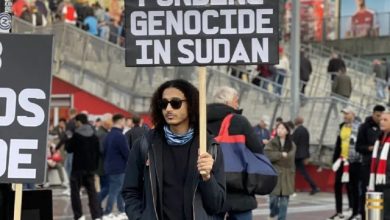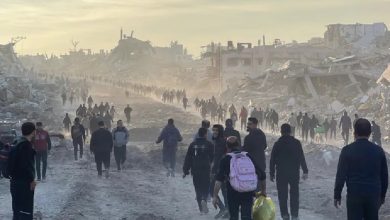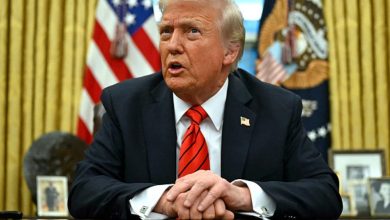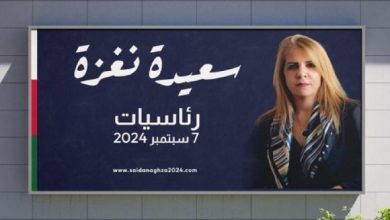UAE Accused of Expanding Religious Crackdown Under Pretext of Countering Extremism
Rights groups and citizens warn that Abu Dhabi’s increasing restrictions on mosques and religious activities aim to suppress religious freedom and control public Islamic expression.
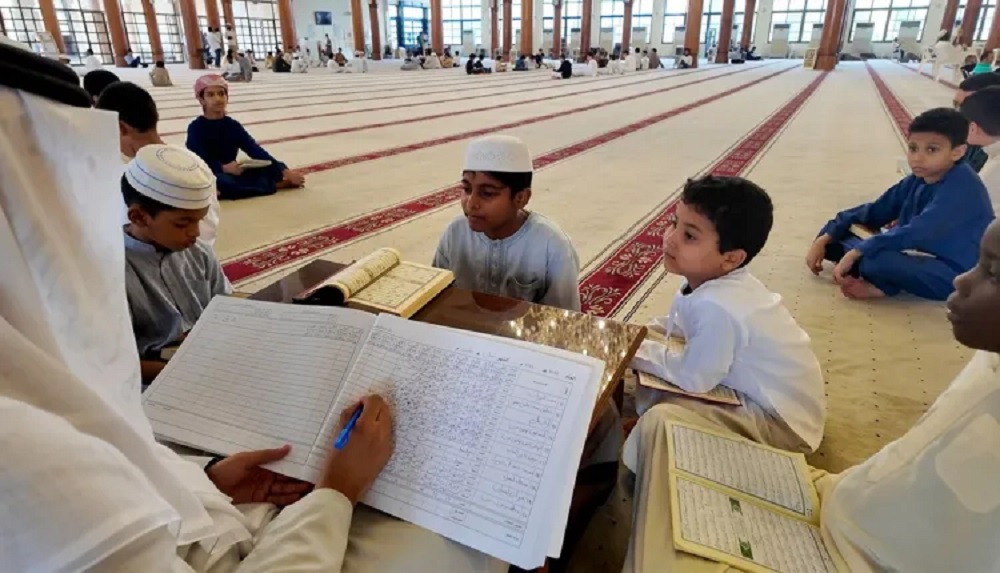
Watan-Opposition circles in the UAE have accused the Abu Dhabi regime of expanding restrictions and intensifying constraints on religious activities under the pretext of “combating extremism,” raising growing concerns about religious freedom within the conservative Emirati society.
The opposition website uae71 reported that Abu Dhabi authorities have broadened the scope of restrictions on religious practices and events in the country, citing the fight against “extremism” as justification. Complaints have increased about stringent limitations affecting mosques and mosque-related activities, including surveillance of sermons and community initiatives.
The website noted that the UAE’s General Authority of Islamic Affairs, Endowments, and Zakat filed more than 20 reports against individuals and platforms conducting Qur’an memorization activities without official authorization, particularly via social media.

UAE Tightens Grip on Religious Activities Amid Extremism Claims
Omar Al-Darei, head of the Authority, confirmed that UAE laws are strict in prohibiting any unlicensed religious or educational activity, whether online or in private gatherings. He warned of severe penalties for violators, according to the Emirates News Agency (WAM).
He added that those violating these laws and guidelines are subject to legal accountability, including strict punishments and sanctions.
Al-Darei emphasized that the Authority continues its efforts to warn against such practices, claiming they pose threats to national security and social safety, and lead to risks harmful to the public.
While the Authority describes these measures as necessary for “combating extremism” and protecting society, many citizens view the campaign as part of a broader policy aimed at restricting religious freedoms under the guise of national security.
Authorities’ repeated warnings about “terrorist groups targeting the minds of youth” fail to distinguish between legitimate religious practices and violent activities. This has sparked fears that the fight against terrorism is being used as a cover to suppress any Islamic expression not under official security control.
According to citizen complaints—some of which appeared on social media and in public responses—the UAE’s security apparatus, often described as repressive, employs fear-driven narratives portraying any non-state religious activity as a “security threat.”
This occurs alongside actual restrictions on peaceful community initiatives, such as Qur’an memorization circles, charitable associations, and educational and volunteer activities—all under the pretext of preventing “extremism.”

As citizens and residents in the UAE confirm, this policy primarily aims to eliminate religion’s presence from public life, keeping it monopolized by official discourse that aligns with the agenda of the state and ruling family.
In recent years, the country has witnessed increasing crackdowns on mosque activities, including the closure of mosques, banning of unlicensed preachers and scholars, and prohibiting youth from leading prayers. Human rights organizations have accused authorities of using security as a pretext to suppress religious awareness among youth and the wider Emirati society.
In 2017, a law was passed to regulate and oversee mosques, effectively institutionalizing security control over them and targeting any religious preaching activity in UAE mosques.
Simultaneously, the state implemented a strict surveillance system to monitor worshippers inside mosques, deploying spies for this task. It even banned congregants from gathering to talk or offer advice after prayers unless they had an official permit!
Authorities also appoint mosque imams and staff through official channels, excluding any school of thought or sect except for “Sufism.” Libraries in mosques are banned unless they contain only state-approved books. The authorities criminalize anyone who offers advice or religious reminders after obligatory prayers without official authorization.



